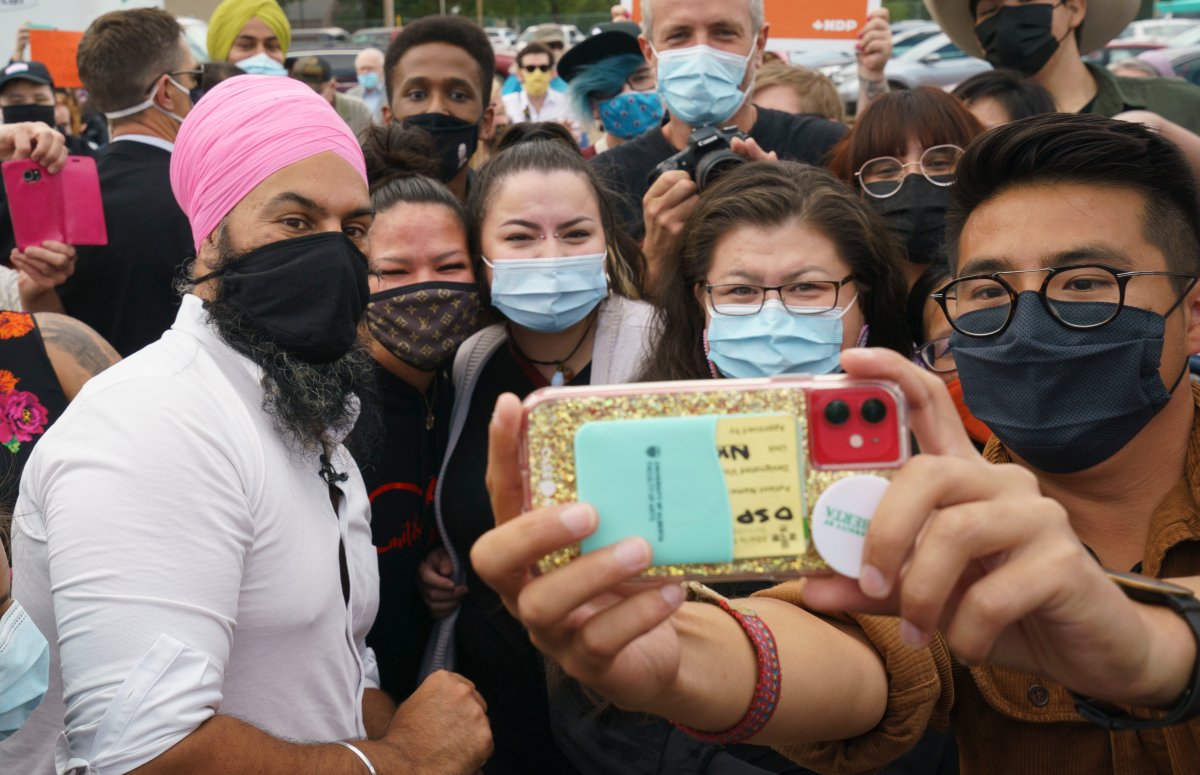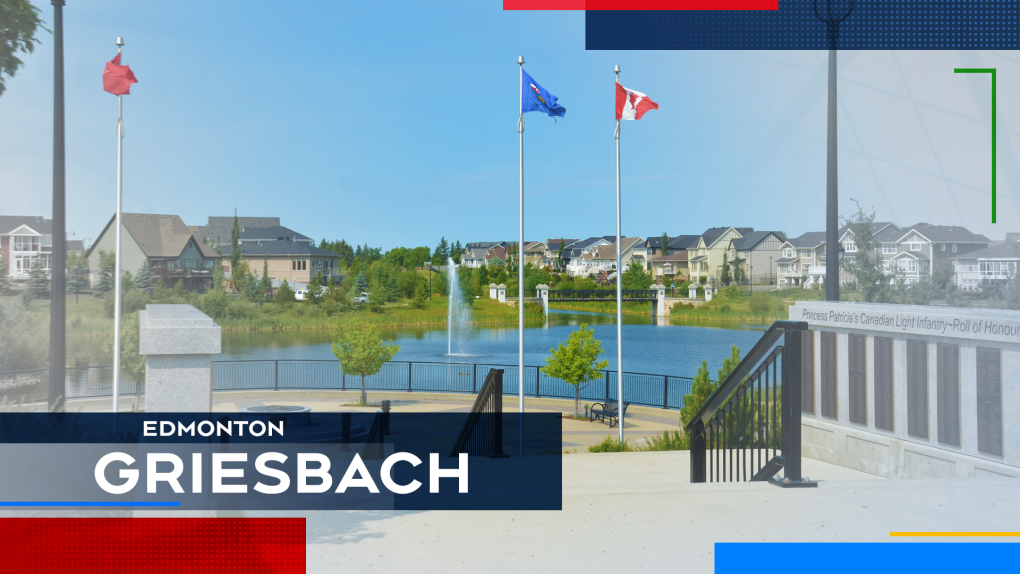UCP VP calls for Kenney to resign ahead of equalization referendum
Publishing date: Sep 21, 2021 •

The vice-president of policy for the United Conservative Party is calling for Alberta Premier Jason Kenney to resign, saying he has become a threat to the party.
In a commentary published by the Western Standard Tuesday, Joel Mullan said the public has lost confidence in Kenney over his handling of the COVID-19 pandemic.
“Until last week, I was one of Jason Kenney’s most vocal supporters. I campaigned for him in both leadership races and the Wildrose-PC unity vote. In light of the choices he has made last week I can no longer support him, and indeed believe he must resign,” he wrote, referring to the premier’s implementation of COVID-19 measures and a vaccine passport.
Mullan also wrote that Kenney remaining premier could have a negative effect on the equalization referendum in October because of his growing unpopularity.
In an interview with Postmedia Tuesday, Mullan said he did not make the decision to publicly call for the Kenney’s resignation, but felt he had a responsibility to put the party before the premier.
“I do admire Jason Kenney – I think he’s brilliant. I just don’t think this is the job for him anymore,” said Mullan.
Mullan criticized Kenney’s recent handling of COVID-19 policy as being “impossible to excuse,” including the government’s plan to rely on vaccinations and declare the province “open for summer” in July.
“Yes, you might make a mistake here and there and go a little too hard on something, but it’s been consistent — speaking in absolutes, and ending up painted into a corner, and the only way out is you turn yourself into a liar,” he said.
The premier’s office has not responded to requests for comment from Postmedia.
A UCP caucus meeting is scheduled for Wednesday. Kenney has been criticized by his own MLAs throughout the pandemic over his handling of the crisis, most recently since he announced sweeping new restrictions and a vaccine passport last Wednesday — two things the premier previously said he wouldn’t do.
On Friday, Mullan wrote an email to the UCP board calling for an early leadership review of Kenney’s performance as premier.
Last Wednesday, Richard Gotfried, UCP MLA for Calgary-Fish Creek, said he was “deeply apologetic” that he failed to convince the government to announce stronger public health restrictions sooner.
In May, MLAs Todd Loewen and Drew Barnes, a long-time critic of the government’s COVID-19 policy, were booted from UCP caucus after Loewen challenged Kenney’s leadership. Both now sit as Independent MLAs.
Currently, a leadership review for Kenney is scheduled to occur at the party’s annual general meeting in 2022.
However, if 22 ridings pass the same resolution calling for a leadership review before March 1, the party must hold a review.
Meanwhile, Mullan claimed Kenney played a role in the results of Monday’s federal election — in which the Conservative Party of Canada lost about 14 per cent of its popular support in Alberta.
“You really have to wonder, and certainly hearing from folks who were on the doorsteps it seems to bear out, that this is in part because of the provincial leadership we have right now,” he told Postmedia, adding that the federal election didn’t precipitate unrest in the party, but delayed Mullan’s public call until Tuesday.
“I didn’t want to be kicking up dirt that could cloud the issues in the federal election. Also, I didn’t want to get lost in the noise of the federal election,” he said.


 First Nations activist Michael Champagne of Winnipeg was a pundit on APTN’s election broadcast Monday. Photo: Facebook
First Nations activist Michael Champagne of Winnipeg was a pundit on APTN’s election broadcast Monday. Photo: Facebook









